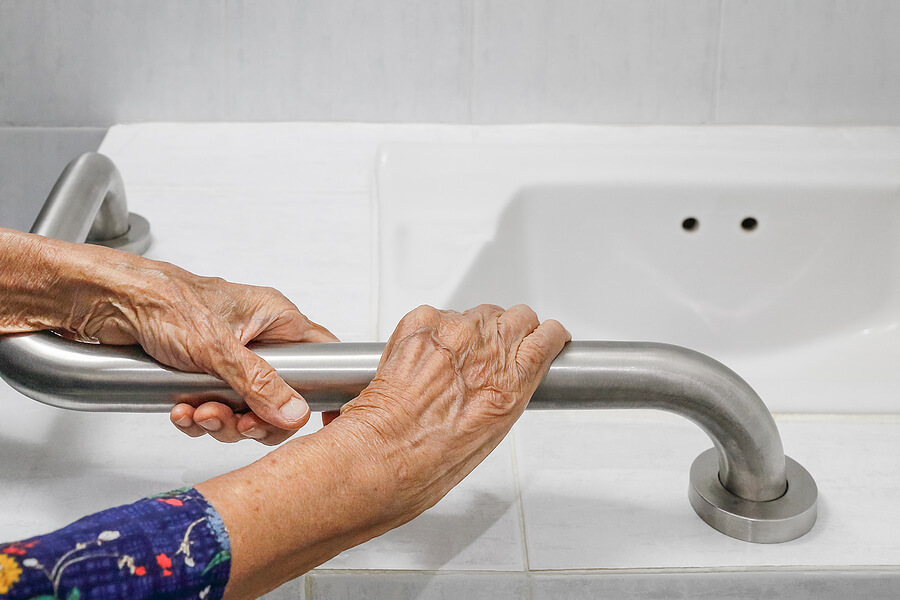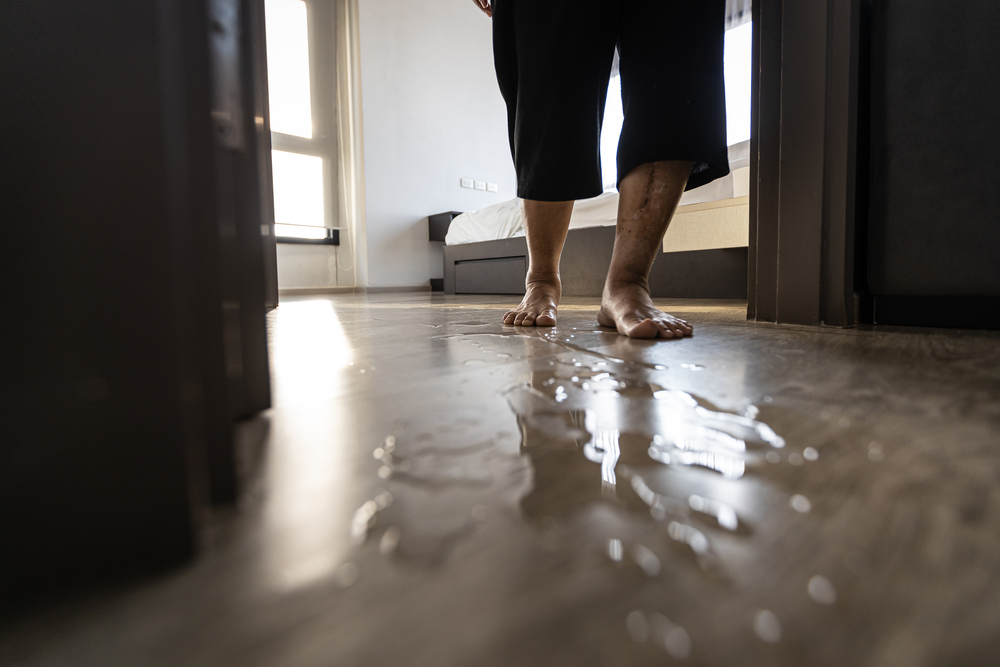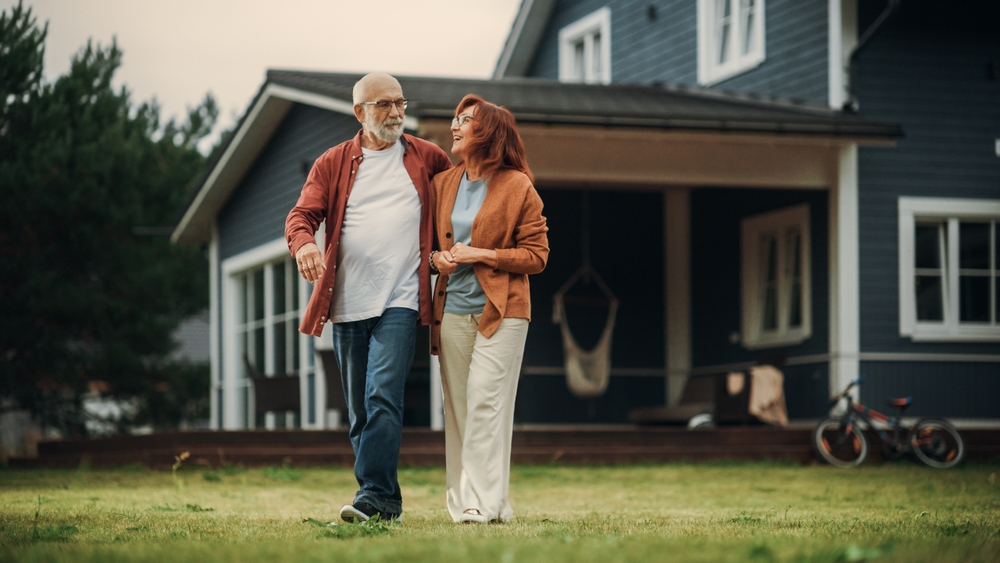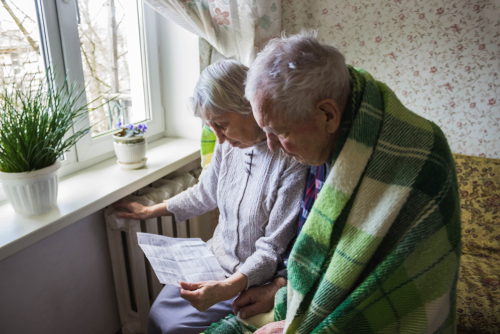Home Safety Checklist for Seniors
Category:

We know that our elderly family members and loved ones value their independence. A main factor of that independence is the ability to live in their homes as long as possible. We also know that as caregivers, we worry about our elderly family members and loved ones, especially when they are living alone in their homes. The best solution for everyone’s peace of mine is making the senior’s home as safe as possible. Some of the major risks for the elderly living alone include falls, poor nutrition, and poor cognitive function, so your senior safety checklist should address all of these possibilities.
Elderly Home Safety Checklist
Falls: Generally, a fall is a caregiver’s biggest fear for their loved one.
- Ensure the home has wide, clear paths free of obstructions. Be sure not to leave piles of books or shoes where they may become a tripping hazard.
- Remove throw or accent rugs. These rugs tend to not have rubberized grips on the bottom and can slide or become a tripping hazard.
- If the senior uses a walker or cane, encourage them to use that rather than hold onto furniture that may not be stable.
- Remind your elderly loved one there is no need to rush. Many seniors fall when hurrying to answer the phone. Purchase a cordless phone the senior can keep with them, or invest in an answering machine.
- Consider buying an alarm bracelet or necklace, so should the senior fall when they are alone, they can easily contact emergency services.
Memory: We are all forgetful sometimes, and seniors who are struggling with memory can become easily frustrated when they feel they can’t remember something simple.
- Write emergency numbers in large print and post them near the phone. They should include 911, poison control, family and friends, and primary physicians.
- Notes and labels are your best friend. Post a note by the front door reminding your senior loved one not to open the door for strangers. Recipe cards with instructions for how to work a complicated TV remote could also be helpful.
Download Free Home Safety Guide
Nutrition and the Kitchen: Seniors tend to eat less than they once did. They may also have mobility issues that make cooking or maneuvering around the kitchen a challenge.
- Move frequently used items to lower, easily accessible shelves. If higher shelves need to be accessed, provide a low step stool of no more than two steps.
- Install levers on the faucets rather than “grip-and-twist.” You can also acquire rubberized grips for the levers in blue for cold and red for hot to make gripping easier.
- Consider grocery delivery. You and your loved one can place the grocery order together so you can make sure all their nutrition needs are being met. Bonus, you can help them place the order online so they will not be intimidated by using technology.
Bathroom: No home safety checklist for seniors would be complete without tips and tricks to make this room safer for your elderly loved ones.
- Install grab bars in the shower and beside the toilet.
- Put rubber mats in the bathtub to prevent slipping. You can also purchase a chair that can be used in either a shower stall or bathtub.
- Replace the toilet seat with a raised toilet seat with handlebars so it will be easier to sit down and stand back up.
- A handheld showerhead can be especially useful for hard to reach places.
Two other useful items to check in every room of the house are wires and lighting. Make sure there are no frayed cords – especially on old appliances or lights – that could pose a fire hazard. Outlets and power strips should not be overfilled with plugs. It is also helpful to make sure all rooms are brightly lit. Stand in one corner – if you can’t clearly see the entire room and all the walkways, you need more light.
If you are feeling overwhelmed by the number of tips on this list, don’t worry. There are plenty of people and organizations that can help. A Certified Aging-in-Place specialist can provide a home safety assessment for seniors. An official home safety evaluation for the elderly can provide you with a sense of relief knowing you are doing everything you can to keep your loved ones safe. Medicare Advantage plans often cover things like grab bars for the shower, should you need financial assistance making senior home safety updates.
Subscribe
Date: July 27, 2020
Category:


